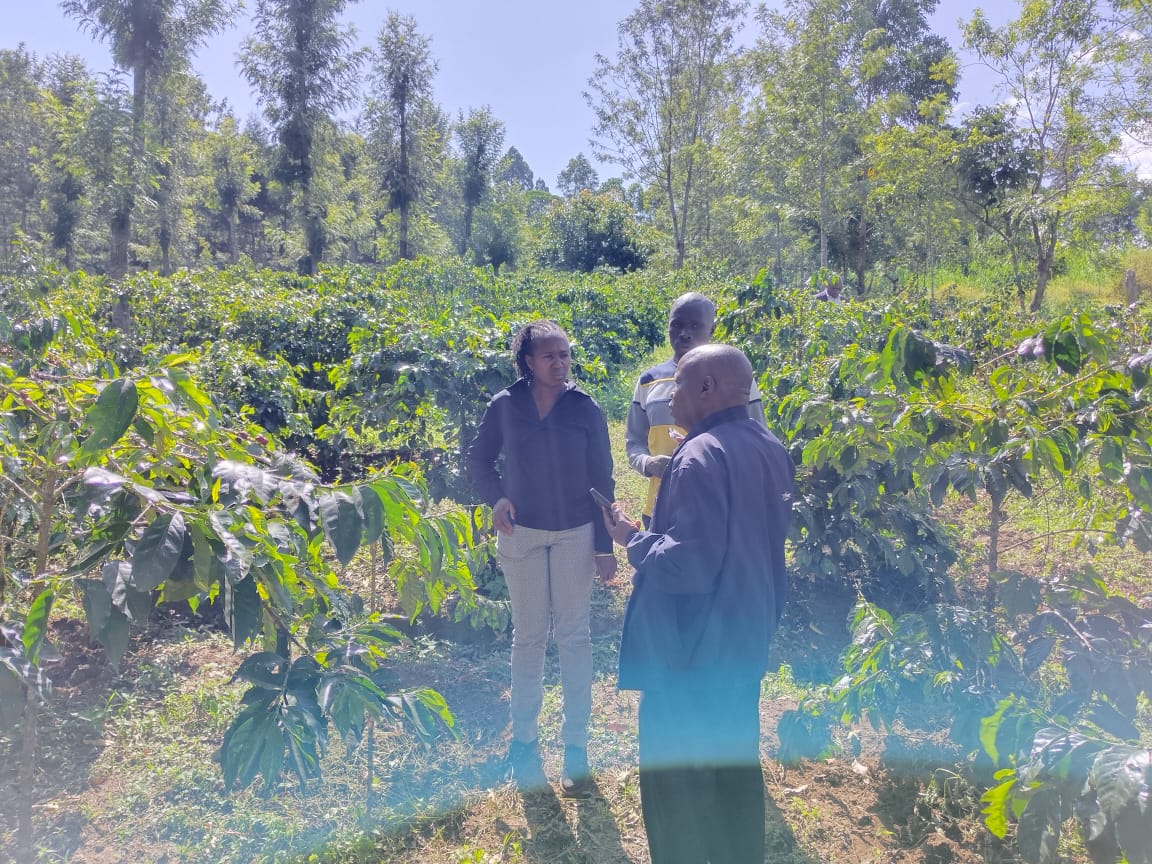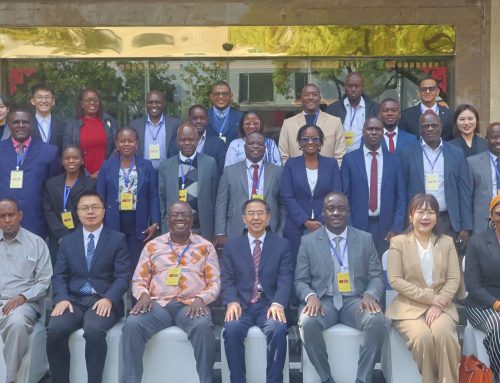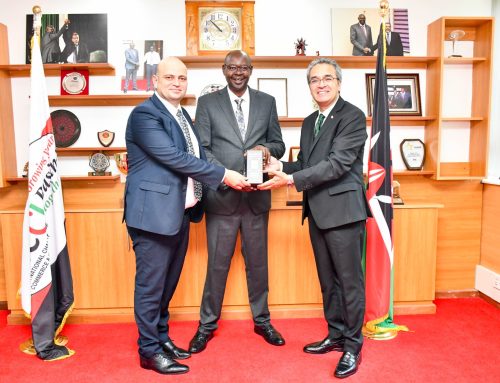The Kenya National Chamber of Commerce and Industry (KNCCI), in partnership with the Danish Institute for Human Rights (DIHR), continues its dedicated efforts to promote sustainable practices within Kenya’s coffee sector. Yesterday, KNCCI conducted its second assessment under the Sector-Wide Impact Assessment (SWIA) of the coffee industry, concentrating on stakeholder engagement in Nandi County within the North Rift region. This assessment, led by the Chairperson of the KNCCI Nandi County Chapter, Mr. Elly Chepkwony, along with the Vice Chairman and the Chapter CEO, involved engaging key stakeholders to gain deeper insights into the local coffee value chain.
The engagement included a significant visit to the Nandi County Department of Agriculture, where the Chief Officer of Agriculture and the Chief Officer of Cooperatives provided essential information on the governance of coffee cooperatives within the county and outlined strategic partnerships aimed at supporting local coffee producers. This interaction highlighted the county’s commitment to strengthening cooperative governance structures and enhancing partnerships for coffee value chain advancement.
In addition, the assessment team visited pivotal stakeholders in the region, including key farmers, with Mr. John Kosgei the Vice Chairman himself actively participating. Visits were conducted to Kaptich Multi-Purpose Cooperative Societies Ltd, Sarora Cooperative Society, and the Great Rift Coffee Company, a prominent private mill in Nandi County. These engagements allowed for an in-depth review of sustainable farming practices, fair pricing, certification standards, challenges encountered by local farmers, and existing grievance mechanisms.
The EU Sustainability Directive on coffee was also a focal point of discussion. The directive mandates adherence to strict environmental, social, and governance standards for products entering the European market. KNCCI and DIHR provided critical information to stakeholders on aligning with these standards, emphasizing the need for readiness and preparedness to meet the directive’s requirements.
This assessment underscored the collaborative role of KNCCI and DIHR in equipping local stakeholders with knowledge and strategies to navigate sustainability requirements, foster fair trade, and strengthen Nandi County’s position within Kenya’s coffee sector. This initiative marks a key step in promoting a sustainable, resilient coffee industry that supports equitable growth and aligns with international standards.






Leave A Comment